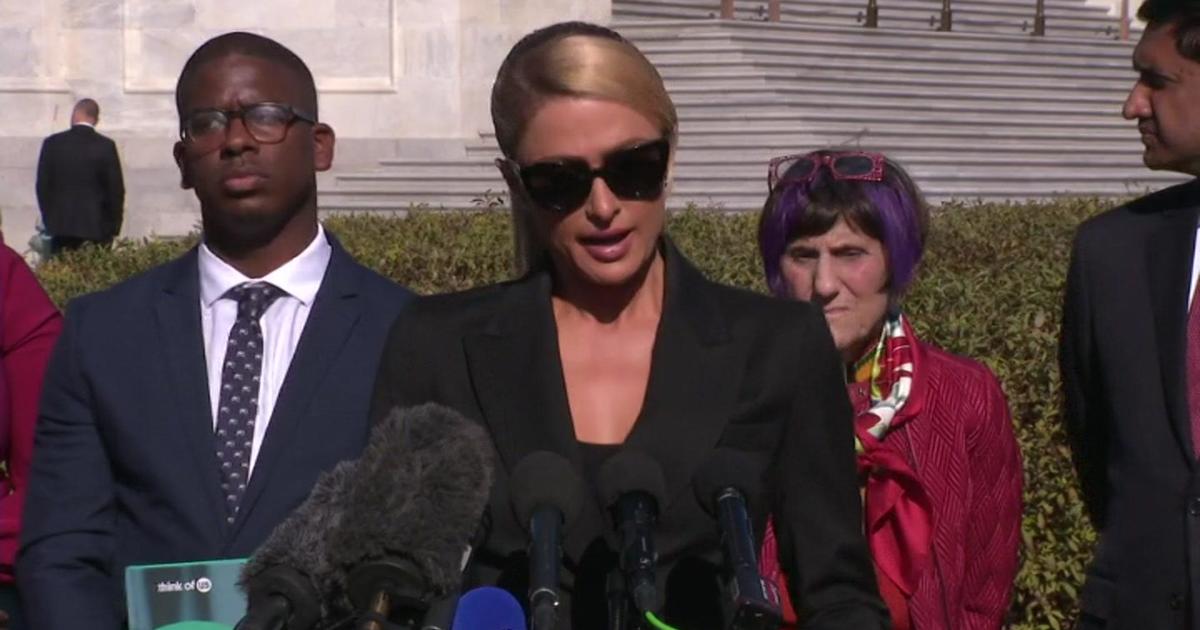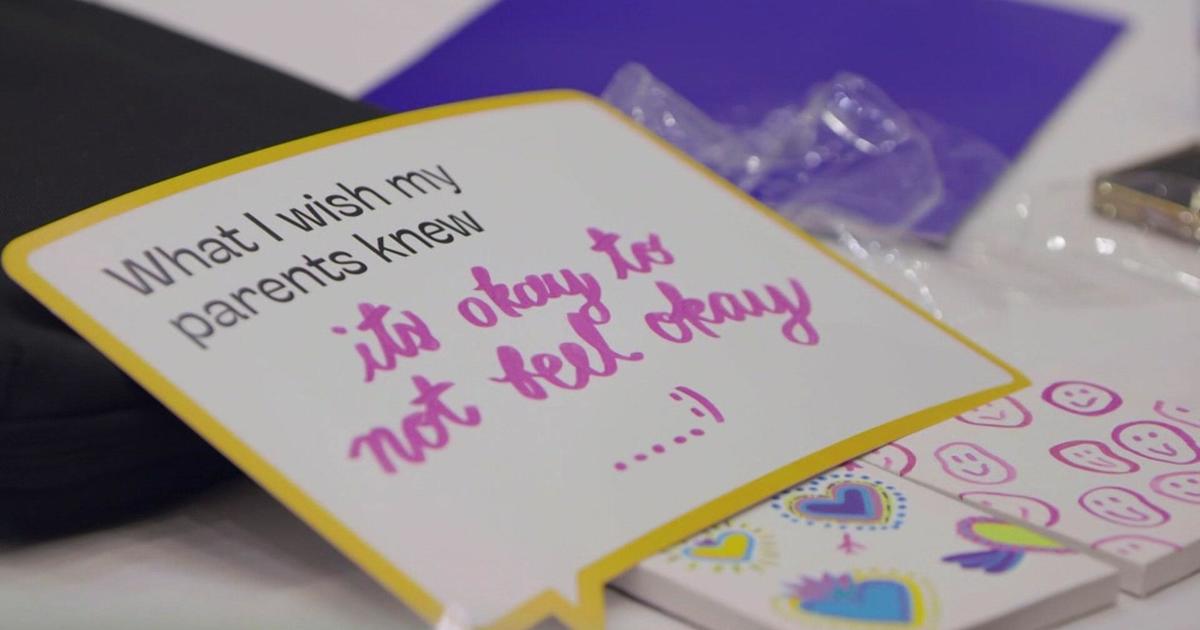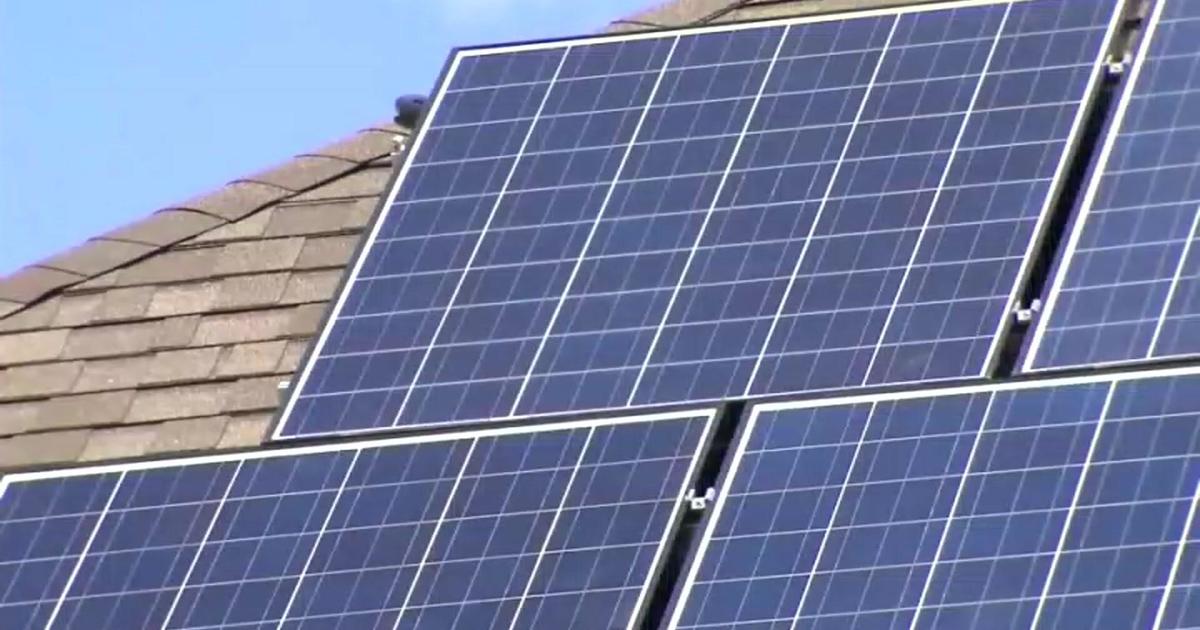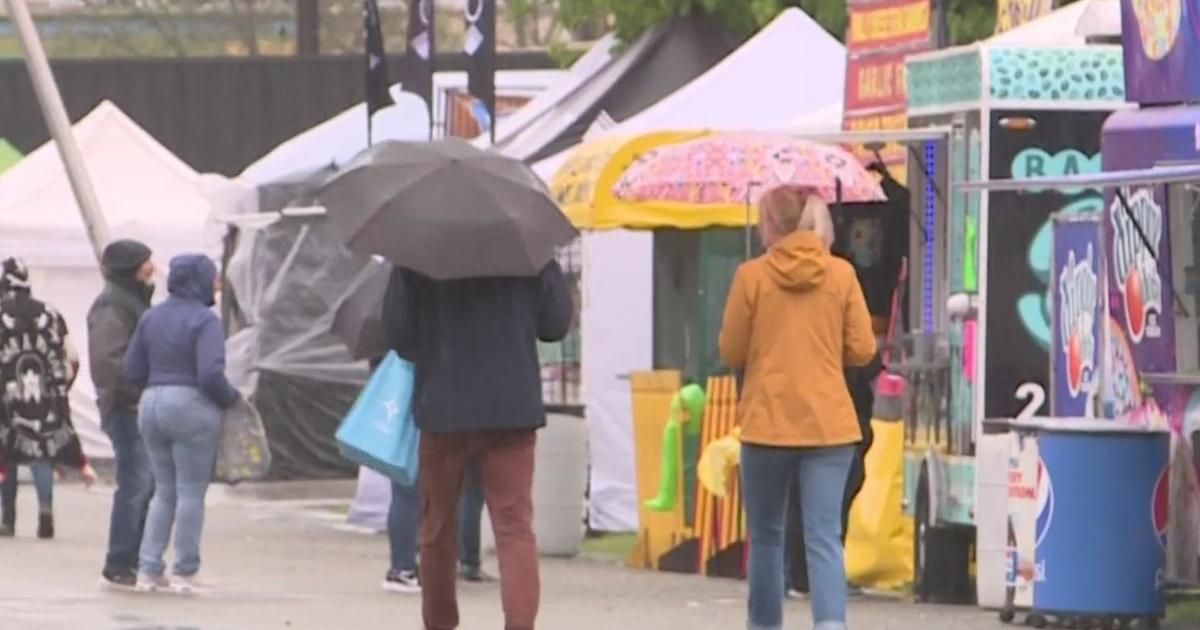Drowsy California Election Could Bring Low Turnout
LOS ANGELES (AP) - Trendsetting California is where you look for the next new thing. But on Election Day, expect to see mostly the same old thing.
Candidates in the state were headed toward all but inevitable outcomes on Tuesday in races for governor, lieutenant governor, attorney general and treasurer, after a lackluster campaign season that could produce a record low turnout.
The election follows a June primary that marked an all-time low for voter participation for a primary, with only about one in four voters bothering to cast ballots.
With registration skewing increasingly Democratic in California, statewide races have become mostly lopsided affairs. Gov. Jerry Brown, facing little-known former banker Neel Kashkari, barely campaigned in the conventional sense.
"I've talked to people who literally didn't know there was an election going on," said Claremont McKenna College political scientist Jack Pitney.
California's lowest general-election turnout in the past century was in 2002, when half of registered voters cast ballots.
There are exceptions to the more predictable races on Tuesday.
A handful of congressional contests could go either way, although Democrats on Capitol Hill long ago gave up hope of regaining control of the House.
In the Sacramento suburbs, Democratic Rep. Ami Bera was in a tight contest against former GOP congressman Doug Ose, while Rep. Scott Peters, a Democrat, was struggling to hold his San Diego seat against Republican Carl DeMaio.
There also are some tough fights over ballot questions, including Proposition 46, a proposal to lift the ceiling on damages for pain and suffering caused by medical negligence.
And polling suggests Pete Peterson, the Republican candidate for secretary of state, could be within striking distance of Democrat Alex Padilla, a state senator.
The final sprint had campaign staffers and volunteers dialing phones, knocking on doors and employing social media.
Tony Strickland, a Republican seeking a congressional seat in a district bordering Los Angeles, was urging supporters to use Facebook, Twitter and email to remind friends to vote. Organized labor, a potent political force in Sacramento, was turning out thousands of volunteers to make phone calls and go house-to-house.
"Whether we're teachers or firefighters, grocery clerks or bricklayers, working people need a seat at the table," said Art Pulaski, executive secretary-treasurer of the California Labor Federation. "That seat at the table comes from voting."
Some local ballots carried hot-button questions on fracking, marijuana cultivation, taxes on sugary drinks and, in Sacramento, whether the city should strengthen the role of the mayor. But the measures have not been enough to generate widespread enthusiasm.
Sliding turnout is part of a nationwide trend.
Paul Mitchell of Political Data Inc., a research firm that helps campaigns identify and track voters, said the sluggish pace of early voting pointed to a likely record low turnout Tuesday.
There is no "big, prime-time issue for voters," he said.
Democrats have worried that a combination of historically low turnout and potential drag from President Barack Obama, who is mired in the worst approval ratings of his presidency, could hurt the party in some districts.
Alluding to voter apathy, former President Bill Clinton warned during a visit to California last month about a polarized political climate that it is meant "to get you to voluntarily sit it out."
History points to a drubbing for any president's party midway through a second term. Since 1934, the average is a loss of about 30 seats in the House and six in the Senate.
Copyright 2014 The Associated Press.



